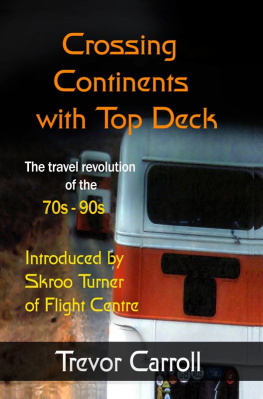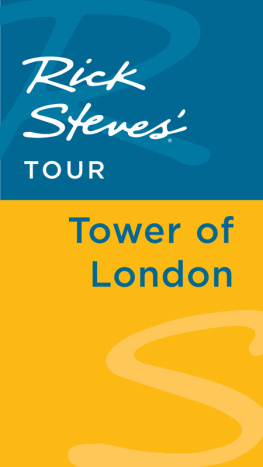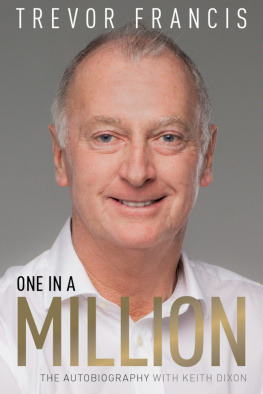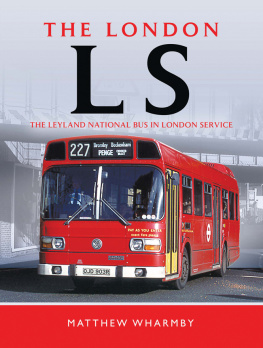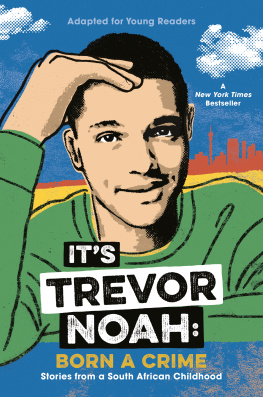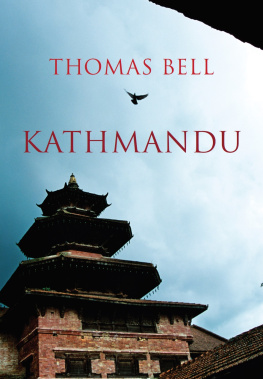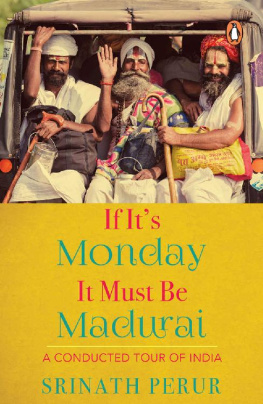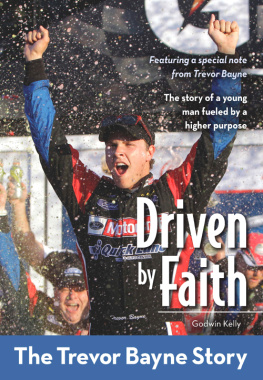References
Wheeler, Tony (1978), Lonely Planet, Across Asia on the Cheap.
Jenkins, David (1978-79) Student Guide to Asia.
Rob Sly The Bristol Lodekka Enthusiasts website http://bcv.robsly.com
Top Deck Buses, crew and punters facebook page
Top Deck brochures circa 1978, 1979, 1980


Crossing Continents with Top Deck
The travel revolution of the 70s 90s

First published 2017 by Tricky PRESS
ISBN number 9780648016311 (eBook)
Copyright Trevor Carroll 2017
To purchase further copies, log into www.trickypress.com.au
This work is copyright . All rights reserved. Apart from fair dealing for the purposes of private study, criticism or review as permitted under the Copyright Act, no part of this book may be reproduced by any means electronic or mechanical, including photocopying, recording or by any information storage and retrieval system without the expressed written permission of the author.
National Library of Australia Cataloguing-in-Publication entry
Creator: Carroll, Trevor, author
Title: Crossing continents with top deck: the travel revolution of the
70s - 90s / Trevor Carroll.
ISBN: 9780648016311 (eBook)
Subjects: Carroll, TrevorTravel
Tour guides (Persons)Biography.
TravelersBiography.
International travel.
Dewey Number: 910.4
Front cover, Top Deck Buses in convoy between Petra and Wadi Rum, Jordan, 1978 by Pauline Perry.
Tricky
PRESS

Crossing Continents with Top Deck
The travel revolution of the 70s 90s
Written and illustrated by
Trevor Carroll
Acknowledgements
I am grateful for the invaluable help with photos, diaries and stories from Hilde Weykamp, Louise & Neil Pyne (Casper) and Val & Al Orr and Linda Woon (Snot).
An additional big thanks to those others who contributed photos and recollections, Norman Andrew, Wayne Bastow, Spike Cawthorn, Robert Dickinson, Mike Gaudin, Tracey Harper, Richard Hewitt, Mark Hooper, Peter and Robyn Jeuken, Al Kenny, Steven McAleer, Larry Michell, Norm Miller, Tim Oliver, Pauline & Brian Perry, Terry & Denise Pride, Loxley Secker, Butch Hyslop, Steve & Carmel Pyatt, Jess Skepper and Kitty Vestbo. A big thankyou to Ian Hall, who, apart from his photos and recollections of the Rags tour, also used his teacher skills on a copy edit.
Another big thanks to Dave Reed for teaching me how to drive a Lodekka, feedback on my writing and making sense out of it all with his editing.
Overall, my, and countless others offer our immense gratitude to Skroo Turner. Without his vision and tenacity none of these stories would have happened and many of us would never have met.
I would like to dedicate my stories to some mentioned in these recollections that have now boarded the big bus, wherever that might be headed:
Robert Dickenson (Two Sheds) - Tadpoles.
Robbie Goodall - Scrote.
Sam Willis-Johnston - Dinga.
Lyn Kenyon & Terry Quon - Lemming.
Narendra (Uncle) - Hotel Withies, Kathmandu.
Contents
.
.
.
Foreword by Skroo Turner
Tricky Trevs true story of Adventure, Romance, Trials and Tribulations on the road.
The story you are about to read is one mans perspective of a pretty remarkable time in the adventurous spirit of young Antipodeans. When Spy and I ran the first trip in 1973, some 44 years ago, we were 24 years old and looking for travel, adventure and fun. If we were lucky, (and we were), a little romance, (to put it nicely), might come our way. Bill James, a future partner in Top Deck, was a punter on that first trip a 6-week sojourn to France, Spain Portugal and Morocco.
We werent well prepared. Nobody had anything resembling a bus drivers license. We had no idea of where low bridges might be hiding on the route. It was winter and we had no snow chains. At Algeciras we were told the bus (Argas) would not fit on the ferry to Morocco. As it turned out, they were wrong - half of it did. The other half remained on the ships loading ramp.
The bus was older than us and had already done more than 1 million kilometres, but we didnt mind. It all seemed perfectly reasonable and acceptable to set off on this adventure, charging people about 100 each, plus food kitty of 3 per week. This was the start of a remarkable journey for Top Deck and then the Flight Centre Travel Group Pty Ltd.
Trevs story starts soon after, in the late seventies. It showcases Top Decks culture and shows that only a few years later, nothing much in the operation had changed. The thirsty quest for travel to those distant, remote and often-backward countries or the fun that came with it seemed to be with us all. These overlands to Kathmandu and beyond to Sydney, lumbered through war-torn and very unstable countries. These are described accurately by Tricky. The crews ran the tours using their initiative and on the smell of an oily rag. They were totally dedicated to getting the punters through to their ultimate destination, all the time providing them with a life-long unforgettable experience. Keeping those antique Bristol Lodekkas on the road regardless of road conditions, blizzards, wars and revolutions and of course mechanical breakdowns was quite an achievement.
Personally, I am incredibly proud of the dedication and professionalism, considering what they had to play with, and what we paid them, of the drivers and couriers. Although it may not be obvious, to me this story is about the hardy crews and their punters and their unquestionably brave and adventurous journeys. It is also about the spirit of fun and discovery. You can tell from Trevs story that the show had to go on regardless of the obstacles that were constantly in the way. Giving up was never an option.
Top Deck crews were true characters. Initially they were predominantly Aussies and Kiwis but later on Poms and Saffers (and Rhodesians). Most were under the age of . Most proudly bore nicknames, such as Moose, 5/8, Two Sheds, Diesel, Rev Head and of course Tricky. Very few of them are terribly complimentary but they often matched the Driver or Couriers character or a trait of the same. Some names were downright rude or insulting.
Crews had to be brave in the face of officialdom, capable of continuously improvising to circumvent the many daily obstacles that arose. Above all, they had to be at all times easy going, irreverent and enjoy a beer or three. Drivers could not survive without some mechanical know-how (or they soon learnt) and the rudiments of carpentry, plumbing and electrical knowledge. Basically they were jacks-of-all-trades.
In the early days, not many women were to be found in the cab, but later they made up a significant proportion of road crew. The buses were named generally with a one syllable Saxon name for ease of use and memory. Many bore the names of their drivers who often stuck with the same bus for years and looked after them lovingly.
Top Decks punters in the day were those who sought adventure and loved the novelty of the double-deckers. Their choice was also a little selfish relishing the relative comfort that the buses provided, avoiding the struggle with tents in the rain and inflatable mattresses for an uncomfortable nights sleep. Once on board their decker homes, the Top Deck faithful witnessed first hand the daily struggle Top Decks competitors had with living outside in the elements. Top Deck punters throughout Europe and on the overland found that life on board the buses was comfortable. It was not a luxury tour, but one where they had to work. In any event, at trips end, the majority had the trip of their lives with additional baggage of memories and lifelong friends and in some cases partners.

